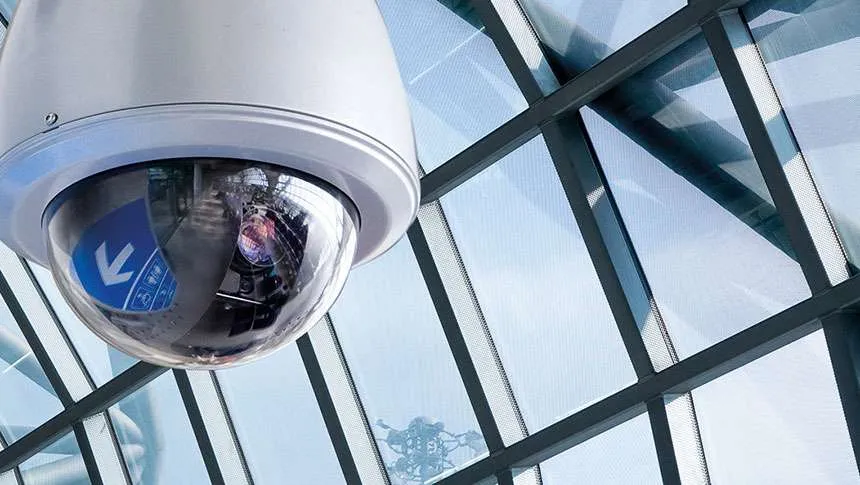
Do Security Cameras Work Through Glass or Behind a Glass Window? An In-Depth Analysis
Disclaimer: This guide offers general information and should not replace professional legal advice. For specific inquiries or detailed guidance, consult with a legal professional.
In the realm of home and business security, the placement of cameras plays a pivotal role in their effectiveness. One common question among users is whether security cameras can function effectively through glass or behind a glass window. This article explores the functionality of security cameras in such scenarios, addressing the technical aspects, challenges, and potential solutions.
Understanding the Basics:
How Security Cameras Work:
- Security cameras, whether analog or digital, capture images using a lens and sensor. The quality of the footage depends on various factors such as camera resolution, lens quality, and the environment in which the camera operates.
Glass Windows and Camera Functionality:
- Placing a camera behind a glass window can impact its ability to capture clear images. Factors like reflection, glare, and limited night vision can hinder the camera’s performance.
Challenges of Using Cameras Behind Glass:
Reflection and Glare:
- Glass can cause reflections and glare, especially when capturing footage during the daytime. This can result in distorted images and reduced visibility of important details.
Infrared (IR) Night Vision Issues:
- Most modern security cameras use IR technology for night vision. However, when placed behind glass, IR lights can reflect off the window, obscuring the camera’s view and rendering the night vision ineffective.
Motion Detection Limitations:
- Cameras that rely on motion detection technology may not function optimally behind glass. Glass can impede the camera’s ability to detect motion accurately, leading to missed incidents or false alarms.
Technical Solutions and Alternatives:
Anti-Reflection Measures:
- Using anti-reflective glass or applying anti-reflective coatings can reduce glare and improve camera performance.
- Positioning the camera at an angle to the glass, rather than directly facing it, can also minimize reflections.
External IR Illuminators:
- To address night vision issues, external IR illuminators can be installed outside the window. These provide the necessary IR light without causing reflections on the glass.
Disabling IR Lights and Using Ambient Lighting:
- Disabling the camera’s built-in IR lights and relying on external ambient lighting (like street lights or security lights) can improve night-time visibility without the reflection issue.
Alternative Motion Detection Technologies:
- Some security cameras use heat-mapping or other technologies for motion detection, which may work better through glass.
Best Practices for Camera Placement:
Outside Installation:
- Whenever possible, installing security cameras outside, rather than behind a window, is the most effective solution. This ensures optimal functionality of all camera features.
Choosing the Right Camera:
- Selecting cameras specifically designed for window use or ones with adjustable settings for IR and motion detection can enhance performance.
Professional Installation and Setup:
- Consulting with security experts for camera installation and setup can significantly improve the effectiveness of your security system.
Legal and Privacy Considerations:
Compliance with Laws:
- It’s important to ensure that the placement and use of security cameras comply with local privacy laws and regulations. This includes considering the direction in which the camera is pointed and what it is recording.
Notifying Neighbors and Employees:
- If the camera captures footage beyond your property, such as neighboring areas or public spaces, notifying neighbors and, in the case of businesses, employees, can prevent legal complications.
Atkins Systems: Securing Cherokee County Since 1983
While placing security cameras behind glass windows is not ideal due to the challenges mentioned, it is not impossible. With the right technical solutions and adjustments, you can enhance the functionality of your cameras in such scenarios. However, the most effective approach remains external installation, which circumvents the issues associated with glass. For tailored advice and optimal camera setup, consulting with security system professionals like Atkins Systems is recommended to ensure your security cameras function effectively, regardless of their placement.
